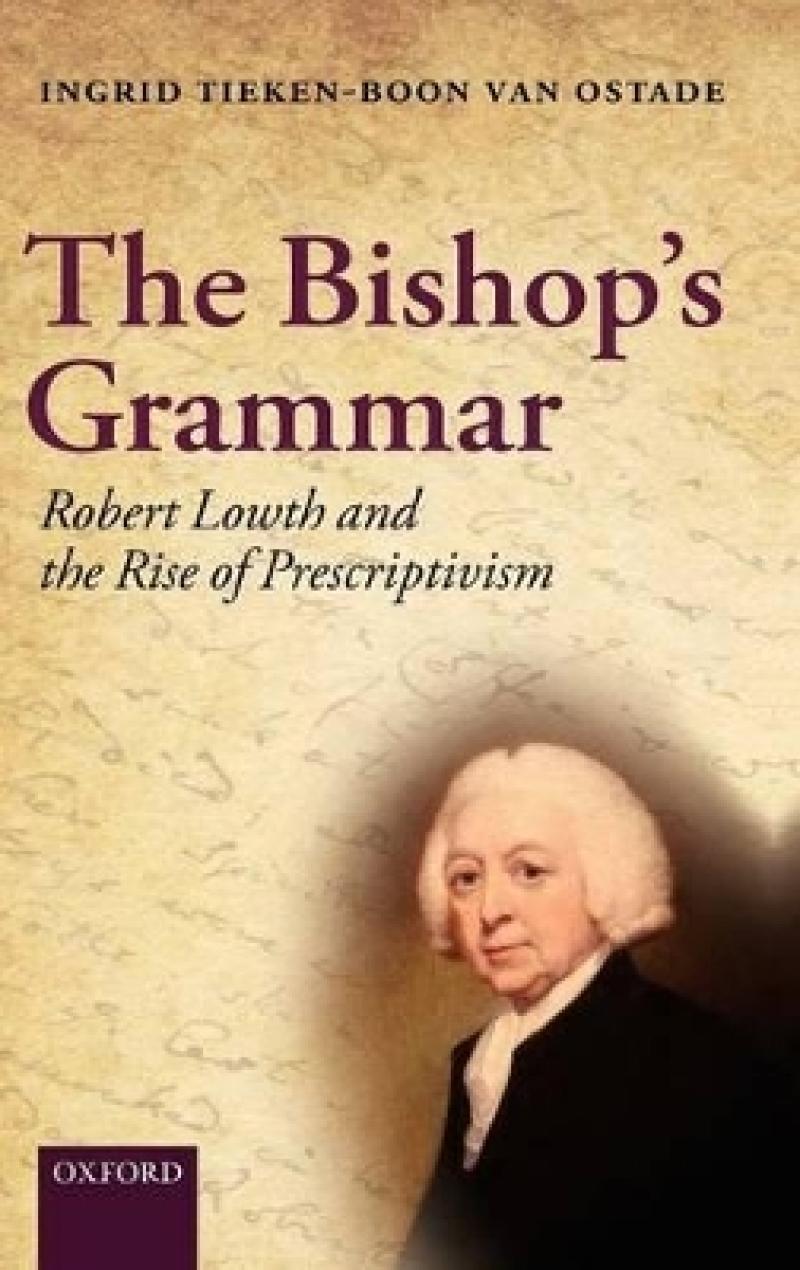Tieken's great virtue is paying attention to what Lowth actually wrote, both for publication and for private circulation. rather than depending on the caricatures. She has discovered a writer on language who was uncommonly sensitive to different degrees of formality ... The Bishop's Grammar is not the last word on Lowth but, if we're lucky, it will reduce the amount of foolishness attributed to "the eighteenth-century grammarians" by those who haven't bothered to read them.
Jack Lynch, Times Literary Supplement
This is a key book for any scholar working on grammatical norms of the English language, and/or the codification and standardisation of English. Tieken-Boon van Ostade provides an alternative account to the standard depiction of Robert Lowth as an initiator of prespective grammar... it would be of great interest to a range of scholars, from those working on the nuances of eighteenth century grammar, to those looking at modern usage, and more broadly at the codification and standardisation of languages. Tieken-Boon van Ostade presents her argument well throughout the text, and it is clear that she is a stalwart defender of Lowth's name.
Laura Paterson The Linguist
Tieken-Boon van Ostade has presented a book which is remarkable in many ways ... Apart from enriching the study of grammaticography with this methodological innovation, the author also makes a significant, well-founded contribution to debate about prescriptivism.
Simon Pickl, Language and History
